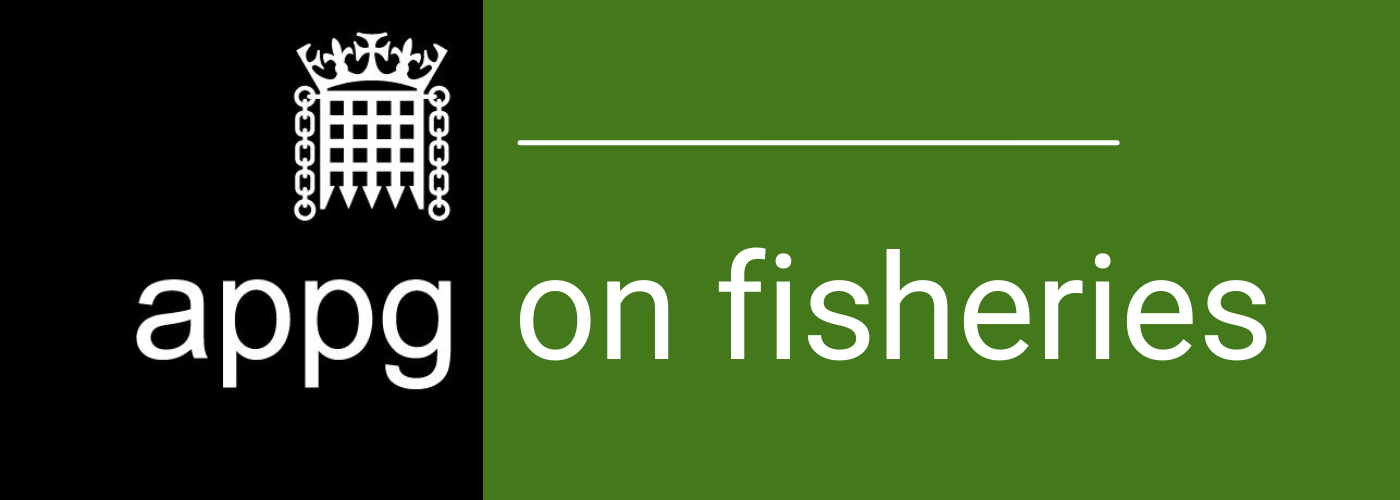Our most recent event examined the causes and symptoms underlying welfare and mental health issues in coastal communities, drawing upon experience from those that work to address them. An array of voices provided the background to the relationship between welfare, wellbeing and a life at sea, as well as suggesting ways that policy, community support or other services could help tackle resultant issues. The panel consisted of David Dickens of The Fishermen’s Mission, Peter Frewer of the FishWell Project, Rachel Turner of The University of Exeter, Holderness Health Trainer Natalie Belt, and Derek Cardno of the Scottish Fishermen's Federation.
You can catch up on all that happened in our recording below:
Following the presentations, Parliamentarians and attendees put their questions to the panel. Written responses to all questions are provided below.
POLICY AND REGULATION
What are the panel’s views on the current situation for non-EEA fishermen in the UK?
Derek Cardno said that feedback on travel and welfare provisions made for non-EEA crew were largely positive, with various local initiatives providing support to those unable to travel home. David Dickens noted that, while skippers have taken good care of stranded crew members, the lack of central policy regarding disembarkation, as well as the limited implementation of ILO 188, were cause for concern.
Could parliamentarians challenge the changes made to the Fisheries Bill, which may have downplayed the socioeconomic needs of fishing communities?
Sheryll Murray MP advised attendees to write to their MPs expressing their concerns so that they may put the issue forward when the bill is read in the House of Commons.
Will the increased need for mental and physical health services be addressed post COVID?
David Dickens responded that policy-level changes are needed to set higher outreach targets via the NHS or social services, acknowledging that their existing systems are inappropriate for fishers’ lifestyles.
To what extent will those with fishing experience and expertise be able to influence future fisheries policy?
Derek Cardno said that SFF frequently engages in the political arena. He says that his future involvement in policy is likely to be from a safety perspective, specifically advising on the implications on future policy on fishermen’s safety.
PROJECTS AND INITIATIVES
Do you think the crew share model adds an additional level of vulnerability?
Derek Cardno identified the need to provide better information around the crew-share model, particularly for younger fishermen, so that they fully appreciate the scope of their responsibilities. He also noted the new ‘Crew Voices’ project, which aims to improve communication between crews and skippers. David Dickens reiterated the importance of financial management skills in the sector.
What is the Home and Dry campaign?
Derek Cardno responded that Home and Dry is a fishing safety campaign consisting of videos, radio broadcasts, and social media posts aimed at engaging fishermen with the issue of staying safe at sea.
Is there any collaboration between fishing and agriculture, where they have similar issues in regards to lone working and mental health?
Derek Cardno noted that a project undertaken by SFF with the Fishing Industry Safety Group has recently begun looking into the similarities between farming and fishing. Natalie Belt confirmed that learnings from prior work with farming communities was taken into account when shaping fishing community projects.
BUILDING AND SUSTAINING ENGAGEMENT
What methods have proved successful in encouraging fishermen to engage with the issues of mental health and welfare?
Peter Frewer said that a gentle, progressive approach based on trust and familiarity between outreach workers and fishermen was crucial.
How could quayside interaction and establishment of trust be sustained?
David Dickens replied that, while government outreach and bespoke community projects are necessary, the most effective way to ensure ongoing interaction will be through a mindset-shift within fishing communities, so that fishermen become proactive in seeking the services themselves.
If wellbeing projects were to expand, what would be the key tool to improve fishermen’s health?
Natalie Belt said that a team of health trainers to supplement the day-to-day support officers, to address specific health issues such as addiction, mental wellbeing and so on, are especially useful. Intervention from specialists can be well-needed for particular issues. Their pilot study showed that being able to bring specialists to fishermen, rather than vice versa, was crucial to success.
Are community projects and their representatives transparent about their intentions when approaching fishermen?
Rachel Turner cited this as a common challenge faced by researchers and responded that they are always transparent about their aims and the type of information that they are seeking.
How can we change the crisis-response trend so that mental health in fishing communities is part of everyday self-care?
Derek Cardno responded that training is essential to arm individuals with the skills and knowledge of the dangers and financial implications of a career in fishing, noting that this would be of benefit across the industry - from new entrants to veteran fishers.
Please note that the views expressed here are those of the panelists, rather than the APPG. The APPG on Fisheries Secretariat is independently managed, and does not speak on behalf of the government. If you wish to quote any of the APPG’s publications, please get in touch.
Want to stay in the loop with all things related to fisheries governance and policy in the UK? Sign up to our newsletter.

